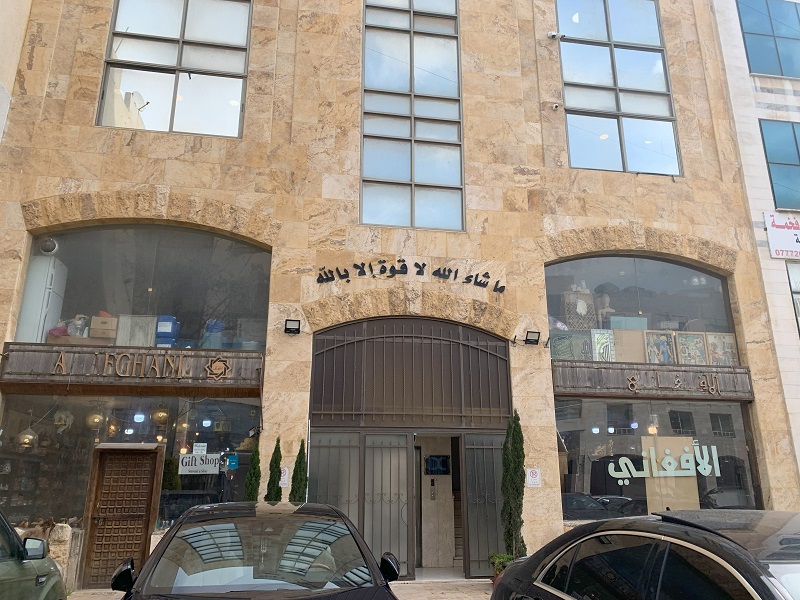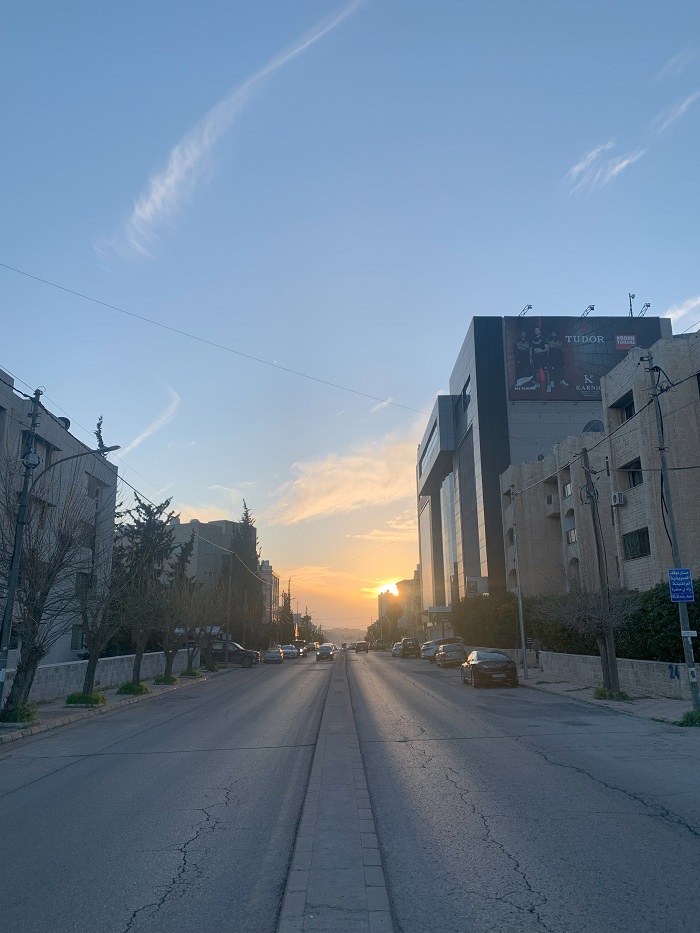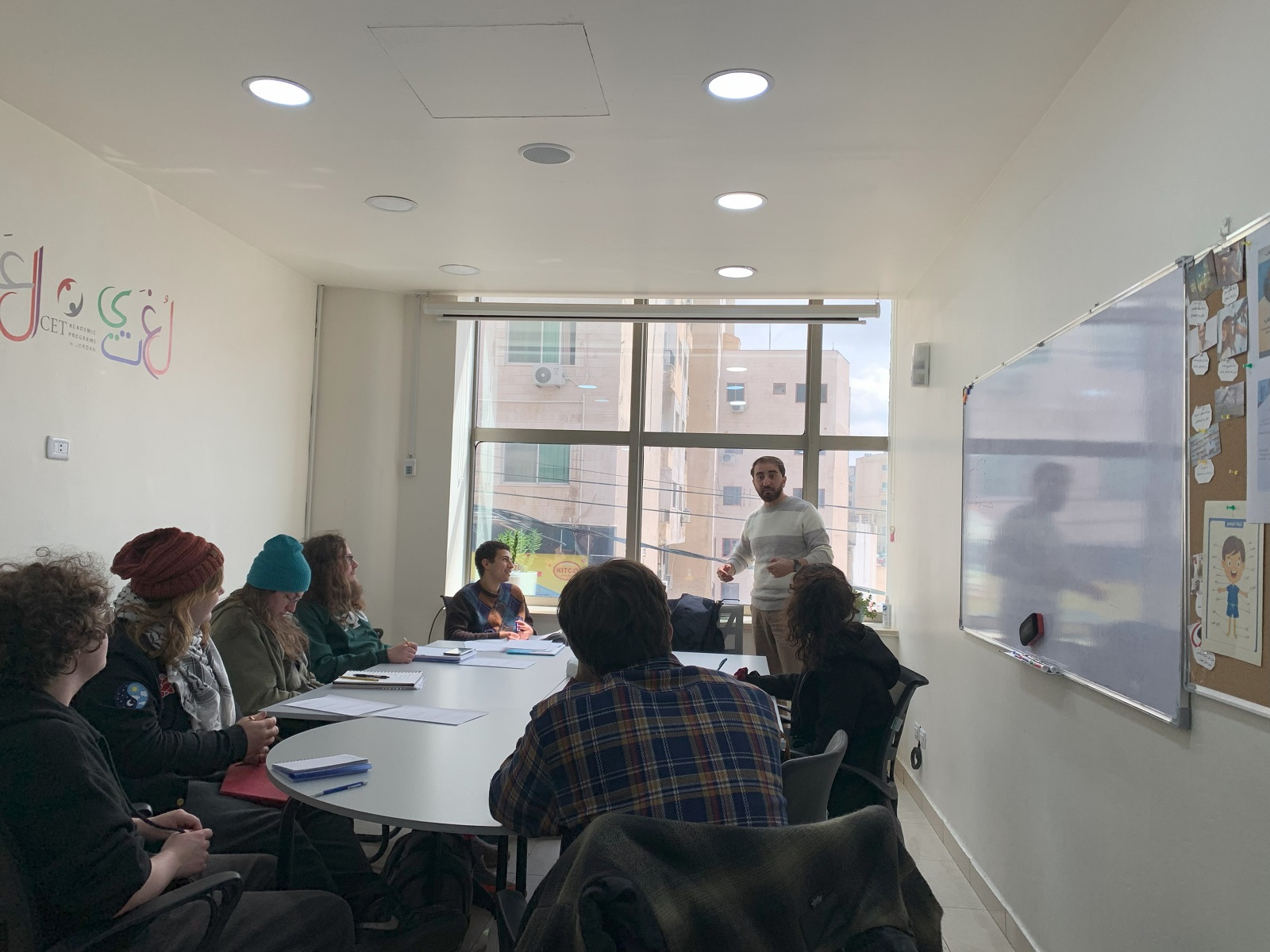Written by Silas Gaughran-Bedell, (American University), Student Correspondent for CET Jordan, Spring 2024
Amman has developed into one of the Arab world’s premier cities for Arabic learning, hosting many great programs like our very own CET Jordan. The city has become a hub for international students engaging in Arabic language skills, and for Jordanians, the hospitable culture has allowed them to engage seamlessly in cross-cultural dialogues, as well as create teaching opportunities.
However, Amman’s prominence as a center for Arabic learning is a recent transformation, as programs focusing on the Levantine dialect in the past favored Syria and Lebanon. I spoke with CET Jordan’s Academic Director, Manal Yousef, to better understand how Amman has developed into this hub of Arabic language learning and why Jordan was the favorable location for CET.

The CET program was originally based in Aleppo, Syria before 2011. The program moved because of the violence at the beginning of the Syrian civil war, in what was supposed to be a temporary move. However, after the conflict continued, the program chose to stay in Jordan because of the similarities in the dialect and the stability of Jordan. “The establishment of study abroad in Jordan was originally for safety,” said Yousef, “as opposed to the alternatives we considered, which were Egypt and Oman, Jordan had the Levantine dialect.”
As neighboring countries that have historically housed more international students, like Egypt, Lebanon, and Syria, have experienced instability, Jordan has stayed steadfast as an option for students. “We’ve seen the development and growth of a lot of study abroad programs here and Jordan has started attracting lots of students,” said Yousef, “because of Egypt’s political instability and the war in Syria, a lot of programs that were formerly there, have moved to Jordan or Morocco.”
Countries like Egypt and Morocco have storied pasts of teaching Arabic to non-native learners and have long been favored as places for study abroad programs. However, Yousef thinks this trend is changing as Jordan is beginning to compete with these countries.
“There are other positive reasons that Jordan has become a desirable place to study because after those programs were established here, the culture and environment of teaching Arabic to non-native speakers have really blossomed,” said Yousef.
Manal Yosef, CET Jordan Academic Director
As a result of the growing opportunities for Arabic learning in Jordan, new developments to the CET curriculum have come as well. “There have been new developments like teaching dialect, which wasn’t really a thought before 2011,” said Yousef.
For students studying at CET Jordan today, the Levantine dialect is one the most important aspects of the program, equipping students with the ability to engage locals in their dialect and subsequently experience the culture of Jordan more authentically.


Yousef also talked about the benefits of having many different programs in Amman. “Because a lot of programs moved here, there’s competitiveness in the markets,” Yousef said, “different programs are emphasizing the different aspects of their identity as a program, and so you’re starting to see more diversity in the types of programs here.”
In addition to the diversity, Yousef emphasized the importance of opportunities in the workforce that are unique to Jordan and will benefit the students and country in the future. “The large expansion of the private sector, NGOs, and non-profit organizations offers students an opportunity to have a more diverse experience…in addition to the language learning, they can work with the organizations and have internship experience that is unique to Jordan.”